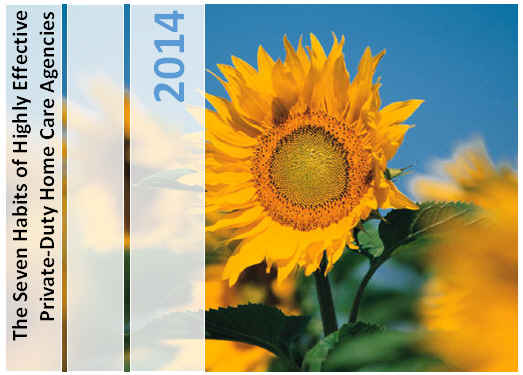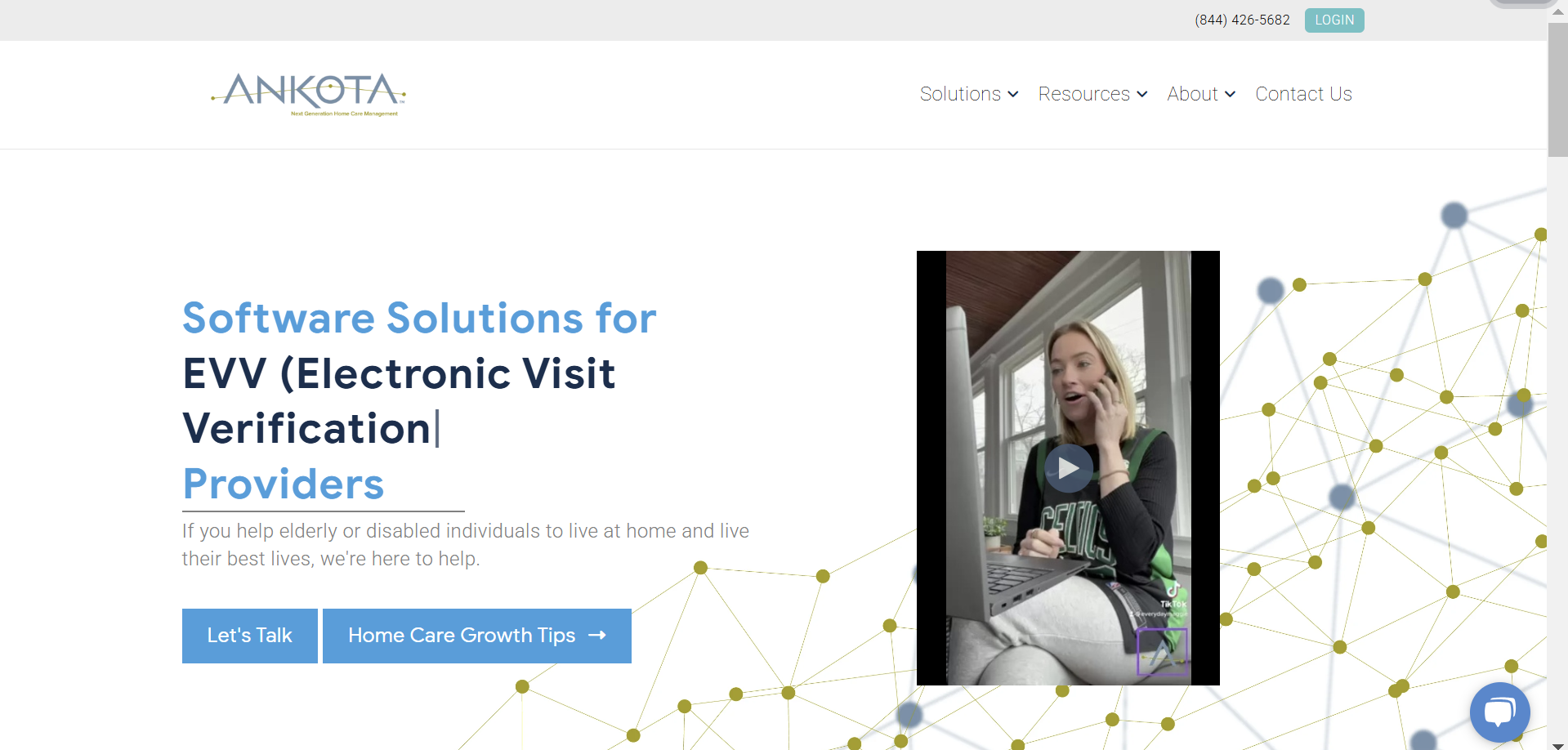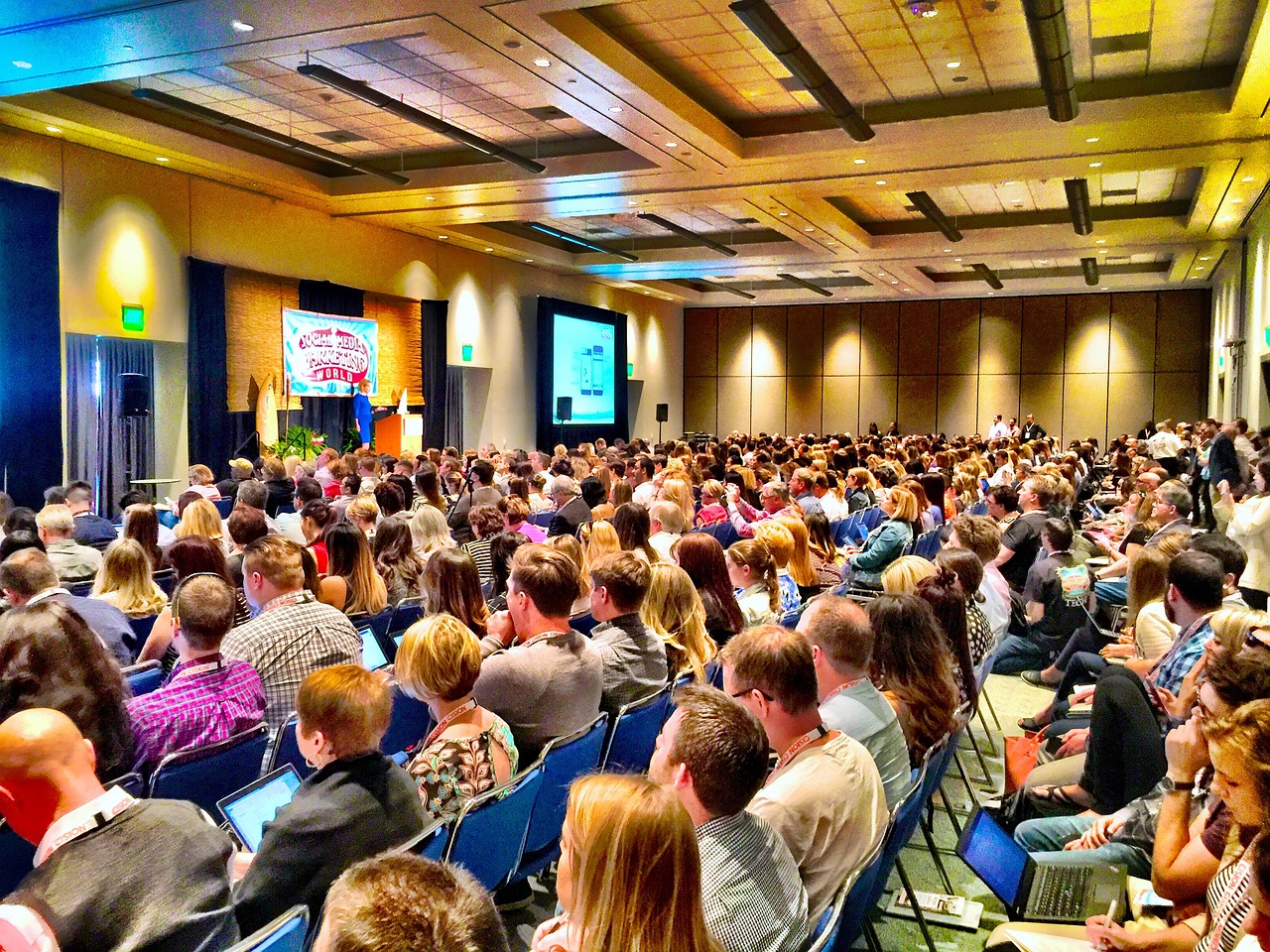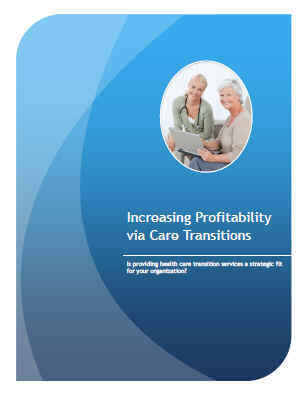We're taking a break from our typical topics of care transitions and home care and happy to bring back a guest blog from Chicago-based freelance blogger and writer Beth Kelly. Beth's bio is below.
Caring for Your Senior This Winter
Winter can be a dangerous time of the year — particularly for senior citizens. However, caregivers can take some easy precautions to help elderly individuals remain comfortable and safe during this frigid time of the year.
Remove Ice
Falls are a common occurrence for older people, and the presence of ice can increase that risk. Ice poses a special threat to the elderly, who often lack the agility of younger people and may suffer from osteoporosis. You should carefully shovel driveways and walkways to clear out snow and use salt or another deicing agent to prevent ice buildup. If you personally are not able to do this, arrange for someone to do so regularly. In addition, all steps leading to the home should be in good repair and have sturdy railings installed.
Proper Attire

Because seniors have a slower metabolism, and slower circulation, they are more susceptible to becoming dangerously cold. It's important to cover the neck, hands, and other exposed areas of the body and to wear enough layers to retain body heat when outdoors. These clothes should be made out of warm material, such as wool or fleece, in order to stay as warm as possible. Dry boots and shoes with enough grip to maintain balance are essential. It's important for seniors to remove their wet footwear upon entering the house; otherwise, they may create slippery indoor conditions.
Tackle Seasonal Depression
The winter months seem to be filled with holiday cheer and quality time with family but many are negatively affected by the lack of sunlight. Those who have Seasonal Affective Disorder (SAD) feel down when they aren’t exposed to light during the winter. Because people tend to remain at home when the weather is cold, it can be difficult to stay in touch with friends and family. You should remember to visit or call your senior as frequently as possible to increase human contact. A simple “how are you doing?” can brighten their mood. You may also wish to consider establishing a schedule with neighbors to have someone check on the well-being of the senior every day.
Pay Attention to Warning Signs

It's critical for elders to know about the warning signs of hypothermia, frostbite, and heart attack. People suffering from hypothermia feel cold, have pale skin, and are often confused and disoriented. Discolored or hard skin and numbness could be signs of frostbite. Vigorous physical activity, such as shoveling snow, can cause heart attacks in the elderly. Dizziness, a constricted feeling in the chest, and shortness of breath are all indications of a heart attack. Anyone suffering from these symptoms should cease what they are doing and call for medical assistance immediately as it could be detrimental to their health, if not fatal.
Home Heating Issues
Heating equipment is vital for maintaining safe indoor temperatures, but there are certain risks associated with it. If an elderly person uses a space heater, it's important to keep it away from clothes or other items that may catch fire - one of the biggest causes of dangerous fires this time of year. Hospice care providers who work in home should also encourage their client’s families to look into home insurance coverage that accounts for these kinds of accidents, if — heaven forbid — an accident should occur (click here for info). You should also check all vents and filters every year to reduce the threat of carbon monoxide poisoning. Smoke and carbon monoxide alarms should be regularly maintained and placed throughout the house in visible and easy-to-reach locations.
Prepare for Storms
Caregivers should help the elderly stock up on supplies in preparation for a storm. Make sure they have enough medication and food on hand to remain comfortable and healthy even if they cannot get to a grocery store or pharmacy for several days. In case of a power outage, it's useful to prepare emergency kits containing batteries, flashlights, a radio and other items that could prove indispensable. If possible, you should even plan to stay with your caretaker in case they need your immediate help.
Safeguard Health

Proper nutrition is essential for maintaining health and avoiding hypothermia. Caffeine can lead to dehydration, so seniors are urged to reduce their caffeine intake during the winter. At the same time, it's important to drink juice, milk, water and other fluids to remain hydrated. Some elders are at risk of calcium, vitamin D or other deficiencies, in which case dietary supplements and vitamins may be needed. Eating healthy can also help beat winter blues for those affected by the lack of sunlight. For seniors who have trouble preparing and eating enough food, a service like Meals on Wheels may be able to help.
Seniors are at risk of certain winter hazards that don't pose much threat to younger people. But by informing themselves of common issues and taking the proper precautions, their loved ones can do much to keep them healthy and happy during this time of the year.
Author Bio
Beth Kelly is a freelance blogger and writer from Chicago, IL. She’s become passionate about healthcare and technology issues, and how the two can intersect to make life easier for senior citizens and others with limited mobility. In her free time she’s an avid gardener and lover of silent films. Find her on twitter @bkelly_88
For other home care best practices, please download the 7 Habits of Highly Effective Private Duty Home Care Agencies. Just click the link to download our list of what we've found successful agencies tend to have as habits.
If you're interested in learning more about our home care management software solutions, or about our Care Transitions component as a way to increase revenue, just click the button below:

Ankota provides software to improve the delivery of care outside the hospital, focusing on efficiency and care coordination. Ankota's primary focus is on Care Transitions for Readmission avoidance and on management of Private Duty non-medical home care. To learn more, please visit www.ankota.com or contact us.

.png)
.png)




.png)
.png)


